
Kolonialismin perintö sekä sen käsittely tieteessä ja tutkimuksessa
Välillä tutkijan on hyvä poistua mukavuusalueeltaan eli Itä-Suomen yliopiston Joensuun kampukselta ja lähteä ulkomaille kuulostelemaan, millaisia tieteellisiä ja yhteiskunnallisia keskusteluja omalla alalla muualla käydään. Tähän minulle tarjoutui mahdollisuus Non-Western Migration Regimes in a Global Perspective [1]-hankkeen (MARS) kautta. Karjalan tutkimuslaitos on mukana MARS-hankkeessa, jota koordinoidaan Lundin yliopistosta käsin. Näissä merkeissä saavuin viime viikolla Iso-Britanniaan, jossa […]
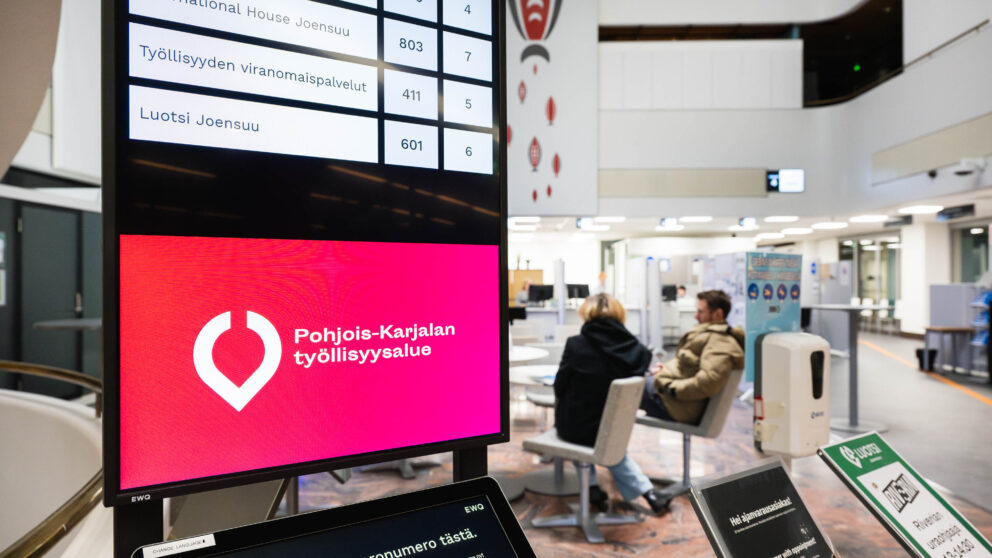
Kunnat uudistavat palveluja TE2024-uudistuksen myötä
TE2024-uudistus toi merkittäviä muutoksia työ- ja elinkeino- eli TE-palveluihin. Uudistus siirsi vastuun TE-palvelujen järjestämisestä valtiolta kunnille, minkä toivotaan avaavan ovia aivan uudenlaisiin mahdollisuuksiin ja paikallisiin ratkaisuihin. Kirjoitus perustuu Kunnallisalan kehittämissäätiön rahoittamaan Kuntien muuttuva rooli työllisyys- ja elinkeinopalveluissa -tutkimukseen. Tutkimuksessa selvitettiin TE2024-uudistuksen toteutusta pienten kuntien näkökulmasta. Tutkimuksessa tehtiin tilastotarkastelu pienten kuntien työmarkkinoista, toteutettiin kuntakysely sekä esitellään […]
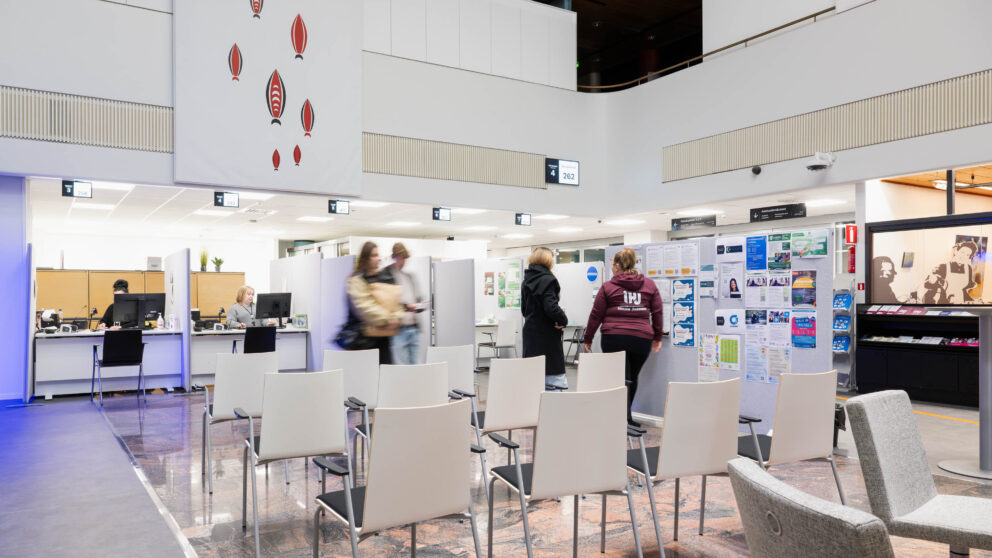
Lähipalvelut ja elinvoima pienten kuntien TE-uudistuksessa
Kunnallisalan kehittämissäätiön rahoittamassa tutkimuksessa Kuntien muuttuva rooli työllisyys- ja elinkeinopalveluissa selvitetään pienten, alle 10 000 asukkaan kuntien asemaa TE-palvelut 2024 -uudistuksessa. Tutkimuksen toisessa vaiheessa toteutettiin kysely, joka lähetettiin 197 kuntaan keväällä 2024 sen jälkeen, kun valtioneuvosto oli vahvistanut 45 työllisyysaluetta. Kyselyllä selvitettiin, miten pienet kunnat näkevät mahdollisuutensa vaikuttaa työllisyys- ja elinkeinopalvelujen järjestämiseen siten, että se lisää niiden elinvoimaa. Lisäksi kartoitettiin TE-uudistukseen liittyviä haasteita.
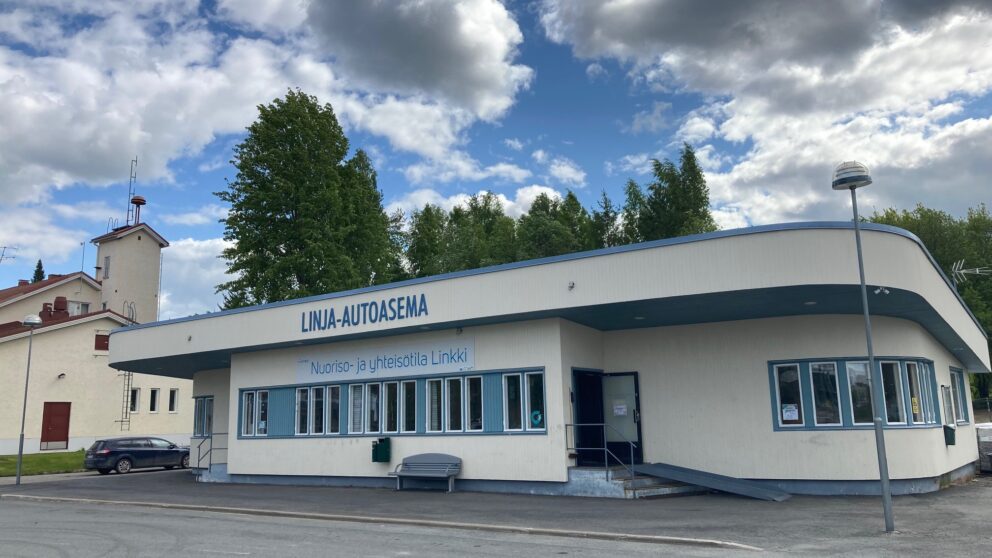
Pienissä kunnissa tarvitaan paikkaperustaista työllisyyspolitiikkaa
Alue- ja kuntatutkimuskeskus Spatian tutkimuksessa selvitetään alle 10 000 asukkaan kuntien asemaa TE-palvelut 2024 -uudistuksessa. Tutkimuksen ensimmäisessä vaiheessa on kartoitettu pienten kuntien työmarkkinoiden tilaa ja työllisyysalueiden muodostamista. Tulosten mukaan pienten kuntien moninaisuus edellyttää, että niiden kehityspotentiaalin erilaisuus otetaan huomioon TE-palvelujen järjestämisessä. TE-palvelut lähelle asiakkaita TE-palvelut siirtyvät valtiolta työllisyysalueille kuntien järjestettäväksi vuoden 2025 alussa, joka on suuri […]
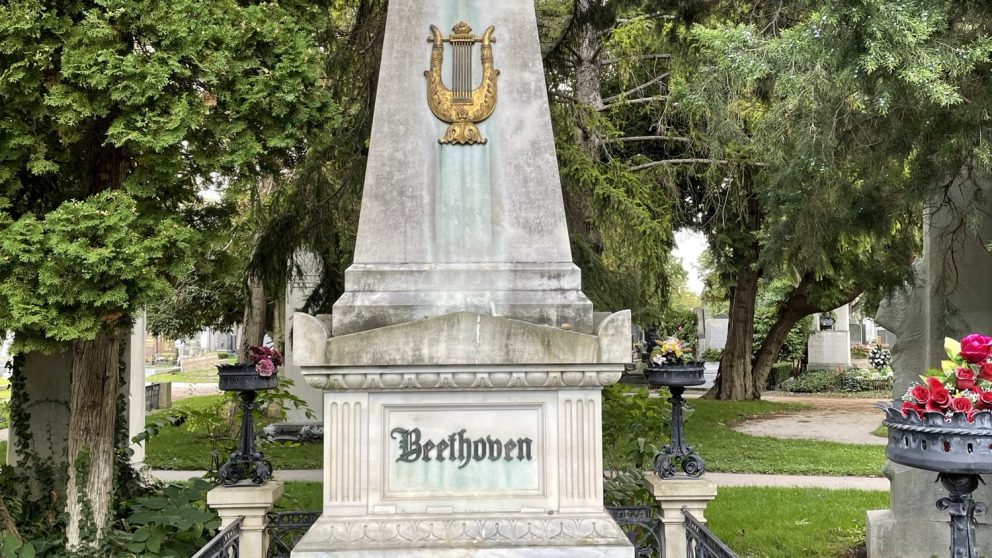
Hamstereita, pagodi ja punainen lippu – syntymäpäivän vietossa Wienin keskushautausmaalla
Se on suurempi kuin Monaco. Se on puolet Zürichin koosta, mutta sen sanotaan olevan kaksi kertaa elävämpi ja paljon hauskempi. Se on Wienin keskushautausmaa – Der Wiener Zentralfriedhof, Euroopan toiseksi suurin hautausmaa ja yksi maailman suurimmista. Hautausmaa on niin suuri, että sen sisällä kulkee oma bussilinja. Tilaa tarvitaan, sillä hautausmaalla on 330 000 hautaa ja sinne […]
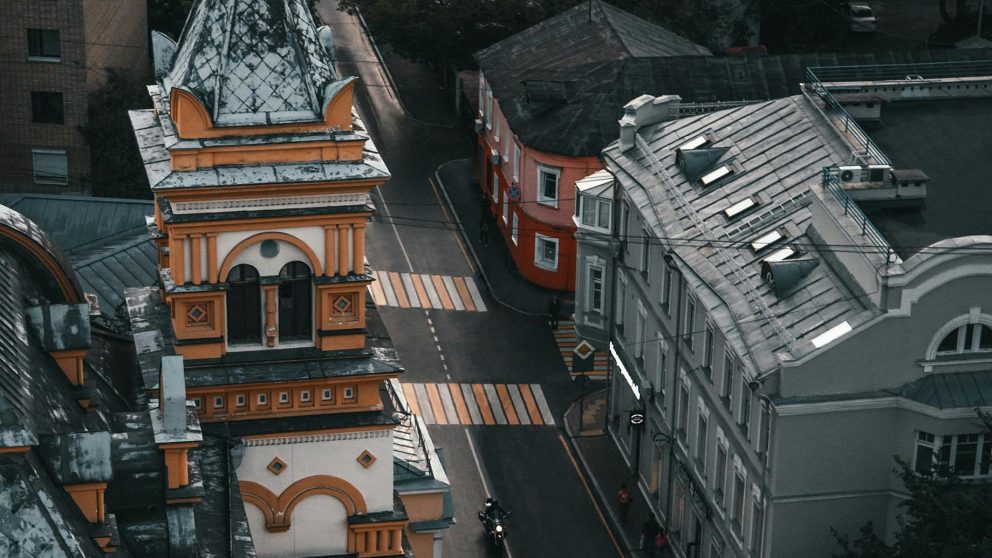
”Täytyy niin kun käytännössä kovettaa itsensä sille julkiselle paineelle.”
Venäjän kielen opiskelijan kokemuksia Venäjän hyökkäyssodan vaikutuksista opiskelijoihin Karoliina Keskitalo on kuudennen vuoden venäjän kielen opiskelija Itä-Suomen yliopistossa. Sivuaineenaan hän opiskelee Helsingin yliopistossa Aleksanteri-instituutissa Venäjän ja Itäisen Euroopan -asiantuntijaopintoja eli VIExpert-asiantuntijaopintoja. Näiden lisäksi hän toimii aktiivisesti mukana järjestötoiminnassa, kuten Itä-Suomen yliopiston venäjän kielen ainejärjestö Iskra ry:ssä, Helsingin yliopiston Sasha ry:ssä puheenjohtajana, VIE-johtoryhmässä, Venäjän ja Itä-Euroopan […]
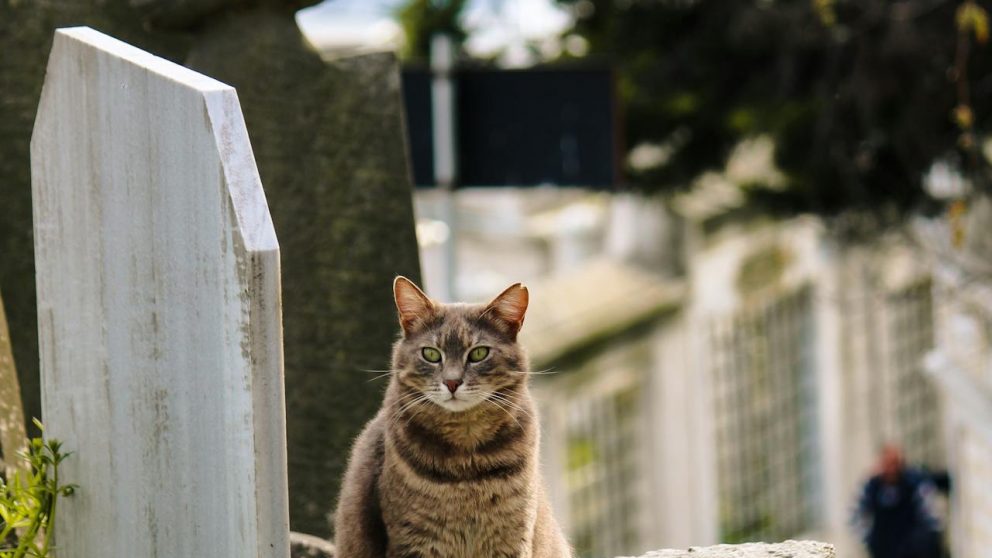
Lemmikkien kotihautaus, pyhän käsite ja venäjänkarjalainen kuolemankulttuuri
Yhtenä työpäivänä luin artikkelia hautauskulttuurista, kun mieleeni muistui, ettemme perheeni kanssa ole muistaneet pystyttää edesmenneelle kissallemme hautaristiä. Kissamme kuoli viime talvena ja suunnitelmana oli lumien sulettua viedä pihamme reunalla sijaitsevaan hautapaikkaan risti. Vaikka kissamme olikin päässyt jo viimeiseen lepopaikkaansa, tuntui ristitön hauta, kuten koko hautajaisrituaalikin, keskeneräiseltä. Näyttäisihän hautausmaallakin hautapaikka, jossa arkun päällä multakerroksen sijaan olisi […]

Kuolemankulttuurien kautta kuolemantaitajaksi
Kaksi vuotta sitten olin aloittamassa karjalaista rituaaliperinnettä käsittelevän kurssin. Aihepiiri oli itselleni hyvinkin vieras, olinhan vasta vuotta aiemmin astunut ensimmäistä kertaa Itä-Suomeen. Toisin sanoen olin vuoden sisällä ensimmäistä kertaa päässyt tutustumaan itäsuomalaisuuteen ja karjalaisuuteen eli etelän vetelänä olin vasta parikymppisenä päässyt kokemaan mitä susiraja tarkoittaa. Aloinkin käymään kurssikirjallisuutta innokkaasti läpi ja jokainen lause kirjoissa tuntui […]
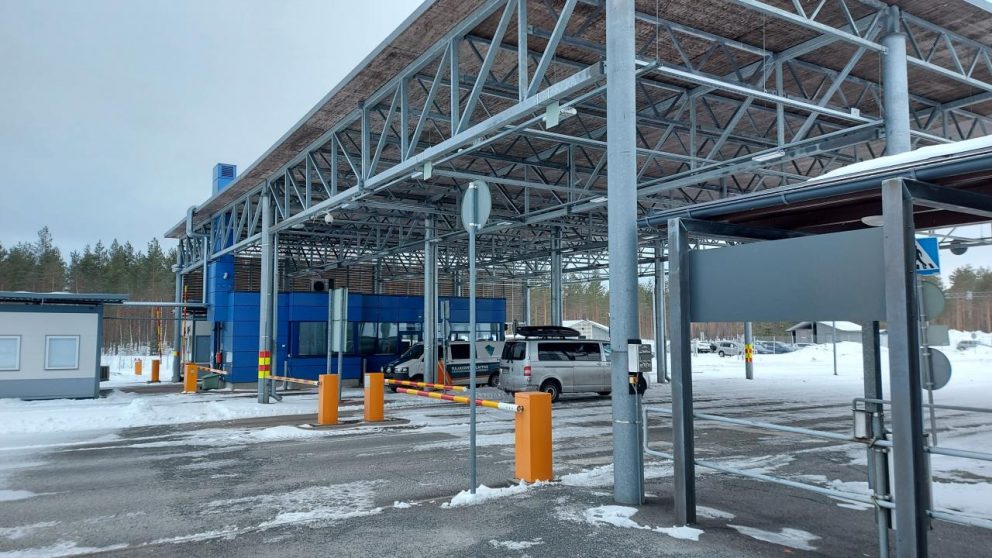
Toimijoiden Karjalat: 30 vuotta rajat ylittävää vuorovaikutusta Pohjois-Karjalassa
Kautta aikojen itärajalla ja sen ylittävällä vuorovaikutuksella on ollut tärkeä rooli Pohjois-Karjalan maakunnan ja väestön identiteetille, kansainvälistymiselle ja kehitykselle. Kylmän sodan ja Neuvostoliiton aikana itäraja oli osa idän ja lännen välistä tiukasti vartioitua sotilaallista rautaesirippua, joka oli avoin lähinnä tavaraliikenteelle – Pohjois-Karjalan tapauksessa puulle, mutta ei niinkään ihmisille. Kylmän sodan päätyttyä ja Venäjän tultua Neuvostoliiton […]

Plörinää plöröstä!
Perinne Plörö on suomalaista ja maailman perinnettä. Periaatteessa se on vain kahvin ja viinan sekoitus, mutta vain. Oikeasti plörö on oma perinteenlajinsa, kokonainen kulttuuri. Plörökulttuuria ei opeteta, eivätkä plörön juomista neuvo ja säätele Martat, Maa- ja kotitalousnaiset, ei Maaseudun sivistysliitto, koululaitoksesta puhumattakaan, vaan plörökulttuuriin kasvetaan. Säätelemättömyydestä ja kirjaamattomista ohjeista johtuen plöröttely on vapaata ja omaehtoista. […]